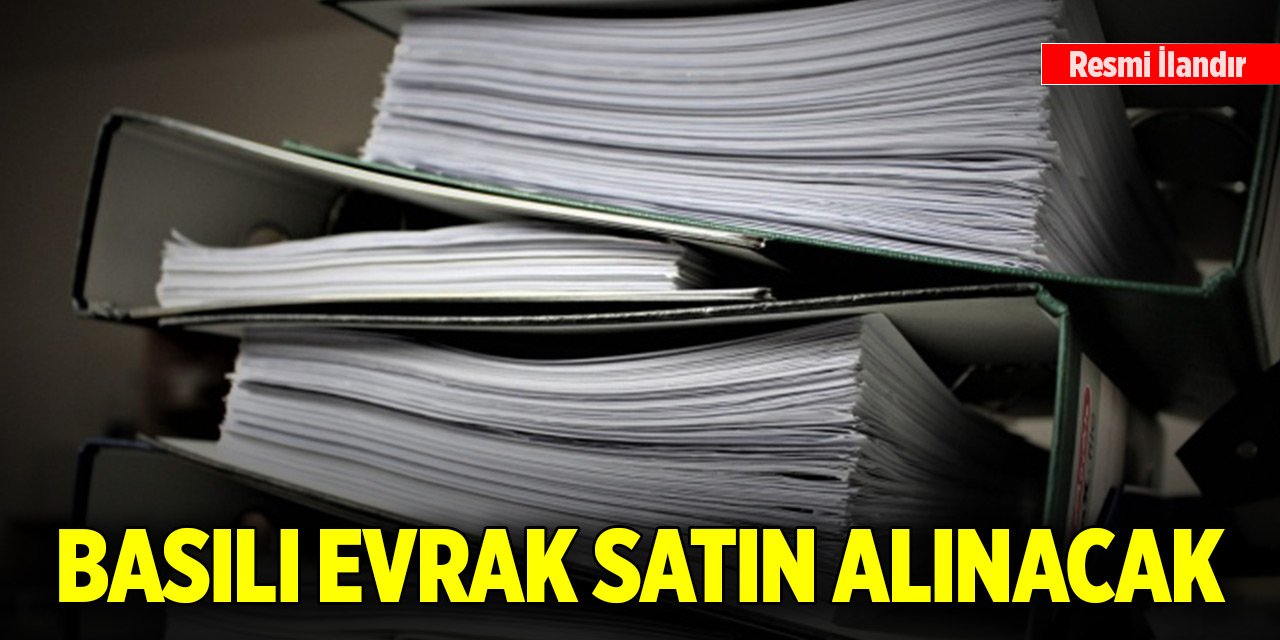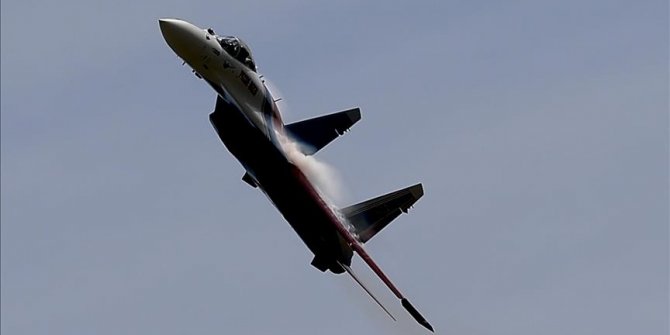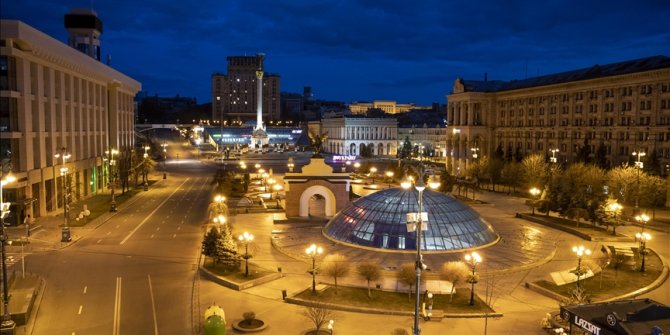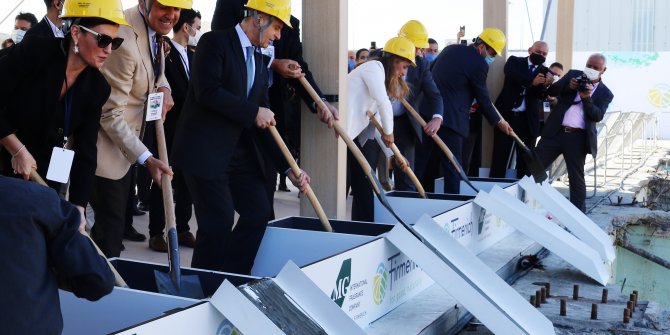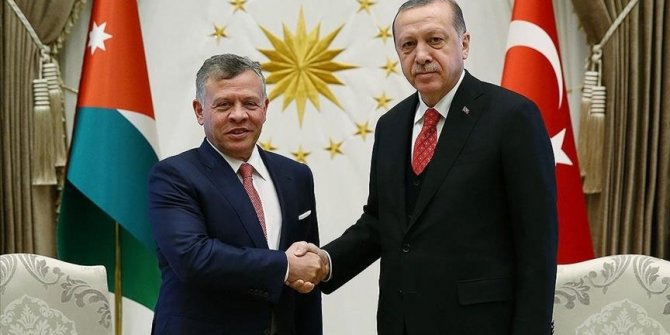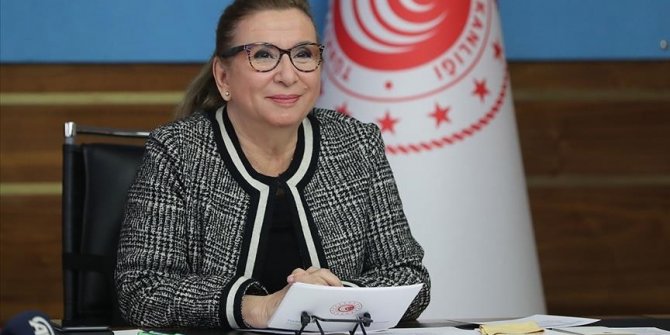Ukraine explains not closing airspace before MH17 downed

Ukraine's foreign minister on Tuesday defended his country's decision not to close the airspace above eastern Ukraine at the time of the downing of Malaysia Airlines Flight 17 last year.
Pavlo Klimkin told a press conference at the UN headquarters in New York that it was impossible for Kiev to have anticipated the presence of sophisticated anti-aircraft missiles brought by Russia into the war zone.
"No one at the time had any kind of awareness of such a threat," he said.
His remarks came after Dutch investigators found that the Kuala Lumpur-bound Boeing 777-200 crashed as a result of a Russian-made BUK surface-to-air missile.
The report by the Dutch Safety Board did not specify who was responsible for the missile, but insisted that the airspace should have been closed at the time.
The July 17, 2014 tragedy killed all 298 passengers on board, including 196 Dutch nationals.
"Now we have a fully unbiased and transparent report of what has happened," Klimkin said.
"Actually, we were aware from the very beginning of what happened, also in the political sense," he added.
At the time the plane was shot down, fierce fighting was taking place below in the war-torn Donbass region of eastern Ukraine between pro-Russian separatists and Ukrainian government troops. Ukraine and the West accused pro-Russian separatists of shooting down the plane.
Klimkin said Kiev may once again bring the issue to the UN Security Council to work on the possibility of a special tribunal to judge those responsible for the crash.
He said any international action should also be legally compulsory for Russia to ensure accountability.
In July, Russia vetoed a Security Council draft resolution to establish an international tribunal into the disaster. President Vladimir Putin said at the time that setting up such a tribunal would be "counterproductive" and "premature".
"If Russia persists in rejecting such an option, for me, it's not just an indirect but also direct example and sign of Russia engaged in this tragedy," Klimkin said. "We will find other ways both in the sense of getting physical process of bringing them to justice and in the sense of clearly proving that Russia is a state sponsor of terrorism,” he added.
